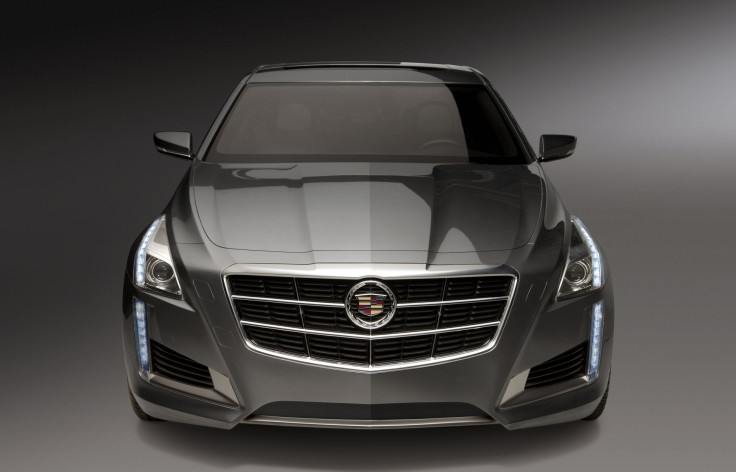General Motors Recalls: Recent Cadillac CTS, Chevy Suburban, GMC Yukon Included

General Motors is recalling 117,651 recent SUVs, pickup trucks and sedans to fix a flaw that could cause vehicles to stall or fail to start. The recall, which includes vehicles from all four GM divisions, is the company's 69th this year.
The Detroit automaker issued a stop-delivery notice to dealers on Wednesday and said it would soon notify the U.S. National Highway Traffic Safety Administration, the country’s car-safety regulator. GM says a chassis-control module could short-circuit while vehicles are in motion, causing collisions.
The recall covers 97,540 vehicles in the U.S.; the rest are in Canada or Mexico or were exported to other countries. GM says it believes only about 1 percent of these vehicles actually have a flawed component and that no accidents or injuries have been reported because of the problem.
The vehicles in the recall are:
* 2014 Buick Enclave, GMC Acadia and Chevy Traverse crossovers;
* 2014 GMC Savana and Chevy Express vans;
* 2014 Sierra and Silverado heavy-duty trucks;
* 2014 Impala sedans;
* 2013-14 GMC Yukon and Yukon XL SUVs;
* 2013-14 Chevy Suburban and Tahoe SUV; and
* 2013-14 Cadillac CTS sedans and Cadillac Escalade SUVs.
George Magliano, senior economist for industry analytics firm IHS Automotive, said recalls are “a fact of life in this business” because of the way modern automotive manufacturing takes place.
“Ever since the Japanese automakers came here, more and more pressure is put on parts suppliers,” Magliano told International Business Times. “The parts come just in time and are slapped into the cars. The important thing is for manufacturers to get out ahead of these recalls and not appear to be stonewalling. That’s what’s going on here.”
Just-in-time, or JIT, manufacturing is a production strategy innovated by Japanese car companies to increase returns on investment by radically streamlining inventories to reduce or eliminate working capital costs, such as the expenses automakers incur storing parts they won’t use until later. JIT also means defective parts could end up in many different cars and be released to the public before the flaw is identified.
© Copyright IBTimes 2025. All rights reserved.






















